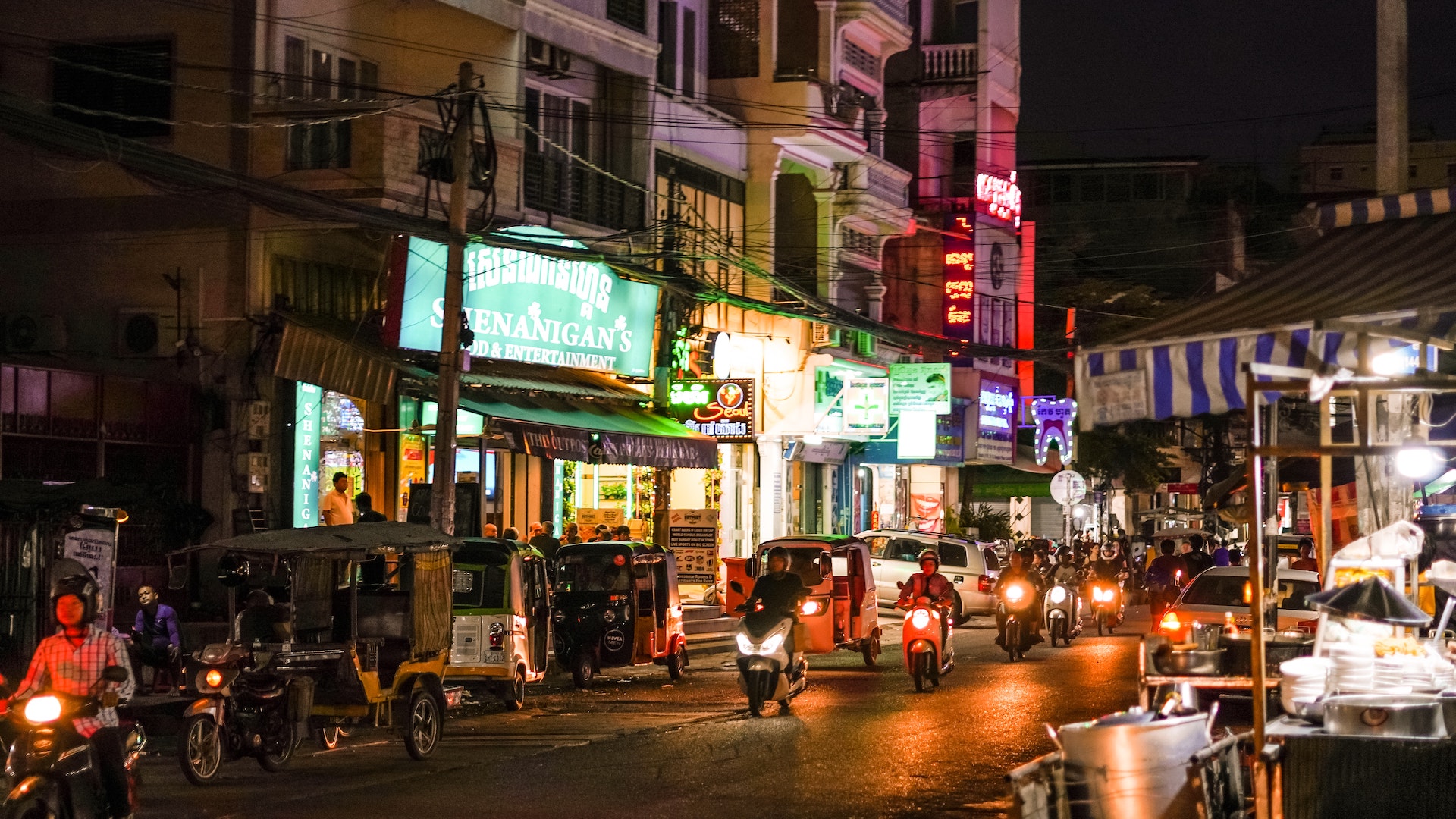Russia will stand with China at the East Asia Summit
But in moves that will affect both Beijing and Moscow, the constitutional democracies are stepping up cooperation both substantively and symbolically.

In comments at a press conference yesterday, Russian Foreign Ministry spokeswoman Maria Zakharova said Russian Foreign Minister Sergey Lavrov will attend the 17th East Asia Summit (EAS) in Cambodia’s capital on Saturday and Sunday. The EAS has 18 members — the 10 ASEAN member states along with Australia, China, India, Japan, New Zealand, Korea, Russia, and the United States — and has been held annually since 2005.
Zakharova excoriated the United States and its allies and echoed PRC narratives in her remarks, saying:
During the events of this summit, we find it important to discuss in detail the challenges that the Asia-Pacific Region is encountering. The key one among them is the attempts by the United States of America and its allies to upset the balance of the current system of transnational relations established here. Along with seeking to bring a confrontational charge to Asia with narrow-bloc instruments of domination, including sabotaging the operations of existing regional mechanisms and simultaneously launching various non-inclusive so-called India-Pacific projects.
Most of Zakharova’s comments were standard fare: Moscow characterizes the region as the Asia-Pacific, while members of the Quad refer to the area as the Indo-Pacific. Interestingly, however, in the last sentence of its readout, Russian state news agency TASS referenced the “so-called India-Pacific projects.”
TASS doesn’t appear to be singling India out and most likely made a translation mistake. Indian Foreign Minister Subrahmanyam Jaishankar recently traveled to Russia and said Delhi would expand ties with Moscow and continue to buy its crude oil. Lavrov also said that Russia and India had discussed joint production of modern weapons, which could have implications for China (not to mention the U.S. and its allies). As of the publication of this article, TASS has not corrected the apparent “India-Pacific” error.
Russian officials often meet with their Indian counterparts before bilateral China-Russia gatherings, perhaps in an effort to assert to Beijing that Moscow is not totally dependent on its larger neighbor. While Moscow’s reliance on Beijing has accelerated in the wake of the February 24 invasion of Ukraine, its ties with India remain robust, at least for now.
Constitutional democracies (mostly) showing unity to Beijing and Moscow
Zakharova’s comments about the East Asia Summit suggest that Chinese and Russian officials will strike a united front, in a change from the relatively distant September meeting between Vladimir Putin and Xí Jìnpíng 习近平 in Uzbekistan. Meanwhile, constitutional democracies, including in Europe and Asia, are strengthening ties substantively and symbolically.
Ukraine-Taiwan ties have become more salient in recent weeks. Jonathan Tseng (曾圣光 Zēng Shèngguāng), a Taiwanese citizen fighting for Ukraine, died in combat this week. Taiwanese Foreign Minister Joseph Wu 吳釗燮 (Wú Zhāoxiè) posted a picture of himself wearing boxing gloves donated by Kyiv’s mayor to thank Taiwan for its aid and political support, while President Tsai Ing-wen (蔡英文 Cài Yīngwén) also recently hosted parliamentarians from Ukraine and Lithuania. (Taipei also pledged to invest 10 million euros toward chip production in Lithuania.) Ukraine is wary of antagonizing Beijing, its largest trading partner, but Kyiv and Taipei share a hostility to the Beijing-Moscow axis.
South Korea and Japan are also linking up with constitutional democracy cousins in Europe. Korea struck a deal this summer with Poland for a purchase of tanks, self-propelled howitzers and light attack planes that could be worth up to $8.8 billion. For its part, Japan recently signed major defense pacts with the U.K. and Germany. Korea’s efforts are especially notable. While its supply of military equipment to Europe will not necessarily be immediately diverted to Ukraine, faster provisioning of military hardware will make Poland and other European countries more ready to supply Ukraine. Korea’s impressive military-industrial capacity could also have implications for Taiwan, easing apparent fears among Western policymakers that China could employ force against the island when it holds its January 2024 presidential election.
Germany and money from China
Beijing will continue to attempt to use its economic gravity to weaken the Western alliance system, and will likely find some successes. German Chancellor Olaf Scholz met with his Chinese counterpart in Beijing last week, after agreeing to a controversial Chinese investment in Hamburg’s port. Still, Germany also moved to block Chinese firms from acquiring stakes in two of its chipmakers.






